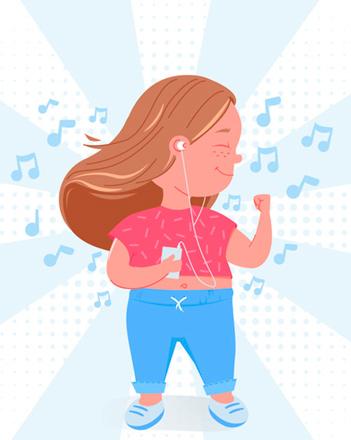You are here
Good bye music CDs
By Jean-Claude Elias - Feb 08,2018 - Last updated at Feb 08,2018
It was bound to happen and it is happening now. Music CDs are clearly on their way out, in a tangible manner. Best Buy, one of the largest selling channels in the world, has announced that by this summer it will completely stop selling music CDs. It is not a minor turning point. Amazon, Virgin Megastore and French FNAC, on the other hand, have not made any announcement at this stage, though they all acknowledge that sales have been regularly declining over the last five years and that sooner or later the operation will stop being feasible.
The culprit are the streaming services that are now widely available on the web and that let you, for free or for a nominal monthly fee, to listen online virtually to any piece of music you can think of. Why then should you bother buying music CDs and maintaining a collection of plastic boxes at home?
Streaming services that charge a fee will cost you the equivalent of buying one CD per month, approximately. Against this there will be millions of music titles available for you online, playable as many times as you like, any time you like, and from any of your fixed or portable devices, including smartphones and tablets.
From Deezer to Google Play Music, Apple Music, Spotify, Amazon Music and a few others, the choice is wide, and all services are good, convenient and pleasant to use. So, is music streaming the perfect solution to replace a good old audio CD?
At this point in time it is somewhat early to speak of a perfect solution. There are still a few imperfections with streaming services. Despite the millions of titles provided by each, you may still come upon that specific song you want to play and not find it. It rarely happens, but it does happen now and then and when it does there is nothing more frustrating!
Then there is the quality of your Internet connection. If it is fast and stable then there will be no issues at all. If it is not the case then you should expect sudden cuts and “hiccups” while listening to your favourite music. Again, not a pleasant thing to experience.
Last but not least is the intrinsic quality of the music that comes to you. Streaming services will typically send you music compressed and encoded in MP3 format at 320Kbps. Technically speaking this is considered to be quality sound, good enough to satisfy most ears and in the most common listening situations. For demanding audiophiles, however, this may not be good enough.
A limited number of the streaming services offer a top quality, premium subscription that plays back uncompressed, top quality audio, for those discerning ears. Deezer for one, has a special Deezer Hifi formula that just does the trick. Here again, given the large size of uncompressed audio your Internet connection must be up to the job.
Usually 4G, or ADSL/40Mbps, or Fibre Optic will ensure perfect streaming of uncompressed audio. Deezer charges $7 per month for regular MP3 and $12 per month for Deezer Hifi. The difference in price is more than justified if you care for top quality sound and you often listen to jazz or classical.
Talking about jazz and classical, these two genres may last a bit longer that pop in CD format, precisely because of the sound quality required and sometimes the useful information that comes in the printed leaflets accompanying the CD and that cannot be found with online streaming services.
Furthermore, and to entice the buyer, prices of audio CD have been reduced overall by an average 30 per cent. This may help CDs to survive a bit longer. Eventually, with constantly faster Internet and the growing collections that streaming services keep in store for you, listening via the web will become the only way to listen to music. Just like movie streaming such as Netflix or Amazon Prime Video are slowly but surely replacing satellite TV programmes – except perhaps for news channels.
Audio CDs were launched circa 1984 and took the world by storm with the pristine, lasting quality of the digital sound they brought. The trend therefore lasted a good 34 years, which is twice as long as analogue audio cassettes that were introduced in the mid-1960s and were pushed out by CDs around 1984.
Related Articles
It is now understood, the only way these days to enjoy modern-age digital audio-visual entertainment is to use live streaming over the Inter
What do the MP3 music and jpg photos digital formats have in common?
Tipping points in technology are fascinating to observe for they constitute a great indicator of industry trends and of social habits too.

















